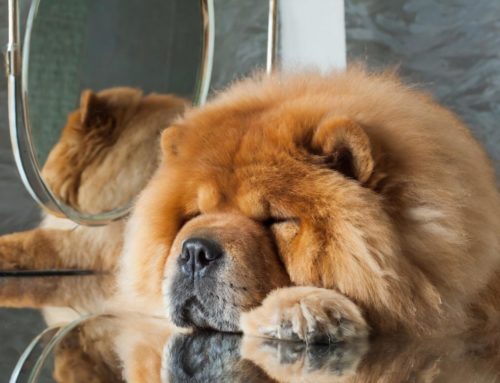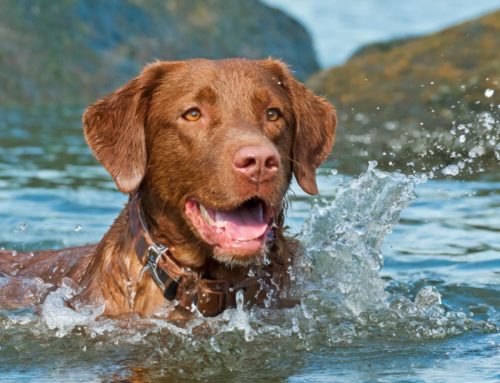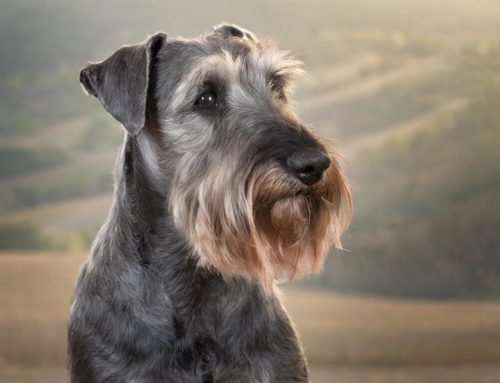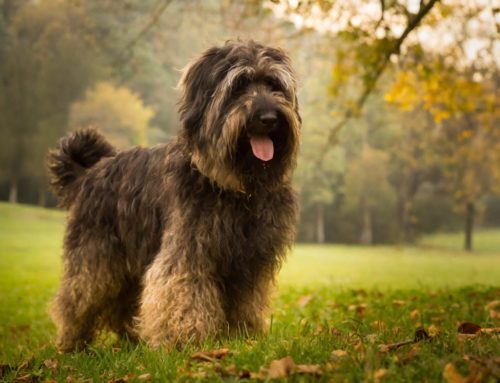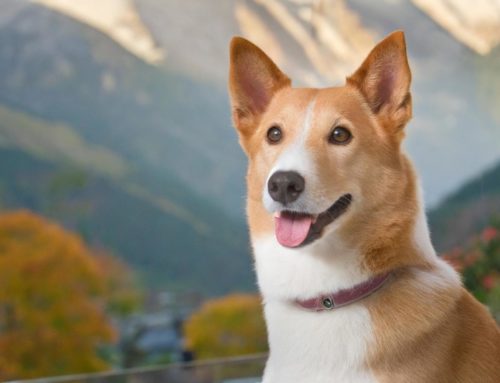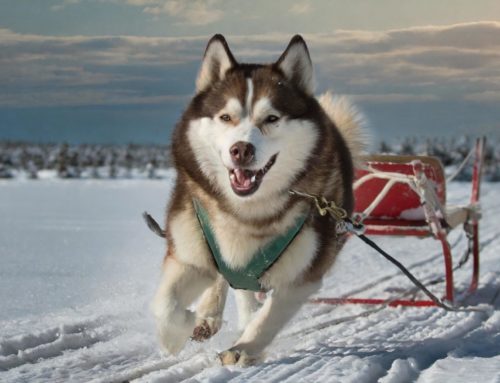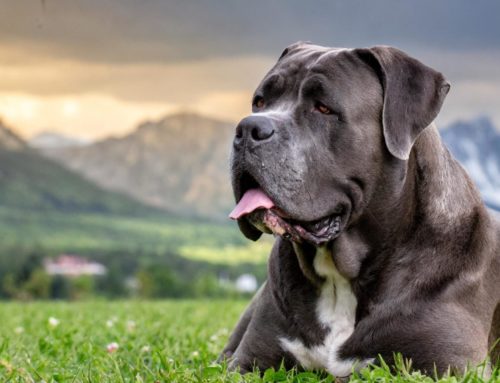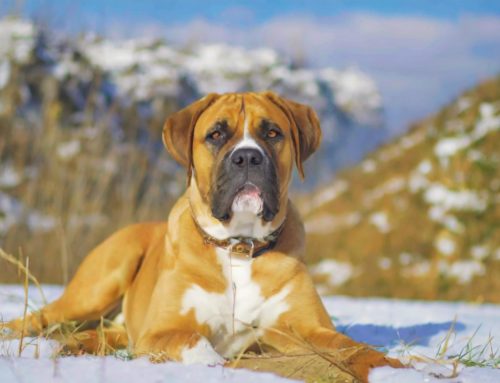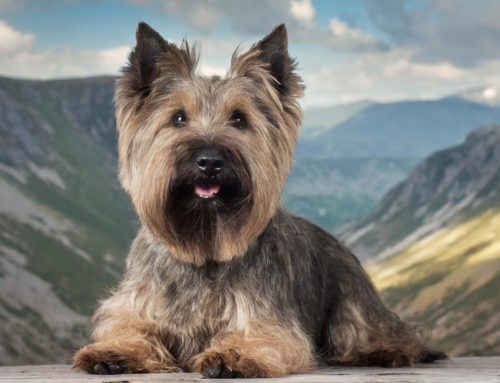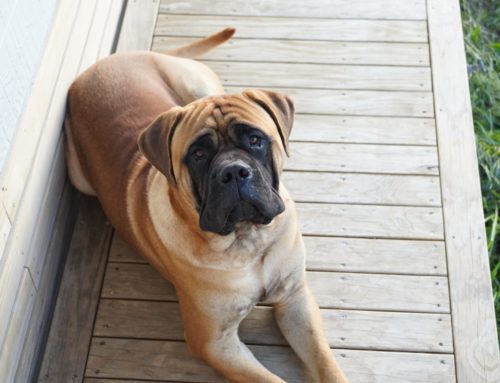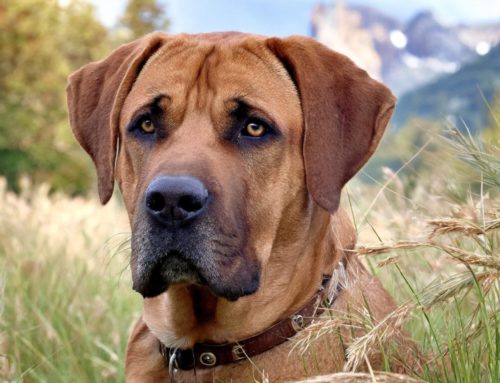
The Bernese Mountain Dog, originally known as the ‘Berner Sennenhund’, has its roots in the canton of Bern in Switzerland. This breed, with its distinctive tri-coloured coat, was originally bred as a versatile farm dog, taking on tasks such as herding cattle, pulling carts and guarding the farm.
The Bernese’s ancestors probably included mastiffs brought to Switzerland by the Romans, mixed with local Swiss Mountain dogs. The Bernese Mountain Dog was valued not only as a draught dog, but also as a farm dog, due to its ability to adapt to the rugged alpine terrain and cold weather conditions.
In Dürrbach, a region in Switzerland, the breed was further developed and standardised, eventually resulting in the Bernese Mountain Dog we know today. In the early 20th century, Albert Heim, a prominent Swiss cynologist, was committed to promoting and maintaining the health of the breed.
He played a crucial role in the recognition of the Bernese Mountain Dog as a separate breed by the Board of Management in the cynological field.
FCI Group 2 Pinscher and Schnauzer – Molossoid and Swiss Mountain and Cattledogs
A majestic and versatile dog, the Bernese Mountain Dog belongs to Group 2 of the Fédération Cynologique Internationale (FCI), specifically in the section of Pinschers, Schnauzers, Molossers and Swiss Mountain Dogs. This group houses dogs known for their strength, loyalty and protective nature.
Coat and appearance of the Bernese Mountain Dog
An imposing and affectionate dog breed, the Bernese Mountain Dog stands out for its striking appearance and friendly nature. These large dogs, with a shoulder height of about 64 to 70 cm for males and slightly smaller for females ranging from 58 to 66 cm, have a sturdy build, typical of molossers, their ancestors.
The coat is soft and characterised by its tricolour markings: deep black as the basic colour, with rust or brownish red and white markings. A typical blaze, often white, adorns the face, sometimes extending over the muzzle and forehead. These dogs also have distinctive white spots above the eyes that further accentuate their expressive look.
Striking symmetrical spots above the eyes add character to their expressive muzzle. Despite their size, Bernese Mountain Dogs are known as friendly and social dogs, making them excellent family companions. They are known for their affectionate nature, especially with children.
Hereditary diseases and disorders in Bernese Mountain Dogs
The Bernese Mountain Dog, a beautiful but large breed of dog, is unfortunately prone to a number of hereditary diseases and disorders.
Below is a list of some of the most common health problems this breed can face:
- Hip dysplasia: A condition that leads to abnormal development of the hip joint, which can cause pain and lameness.
- Elbow dysplasia: Similar to hip dysplasia, but in the elbow joint.
- Malignant Histiocytosis: An aggressive form of cancer that mainly affects Bernese Mountain dogs and is often fatal.
- Progressive Retinal Atrophy (PRA): An eye disease that can lead to night blindness and eventually complete blindness.
- Gastric Dilatation-Volvulus (Gastric Torsion): A life-threatening condition in which the stomach twists and swells, requiring immediate medical intervention.
- Degenerative Myelopathy: A progressive disease of the spinal cord that can lead to paralysis.
- Arthritis: Inflammation of the joints, which is common in older Bernese Mountain dogs.
- Autoimmune diseases: Such as autoimmune haemolytic anaemia, in which the immune system attacks the dog’s own red blood cells.
The character of the Bernese Mountain Dog
The Bernese Mountain Dog, Is an excellent family dog. These dogs are naturally good with children and are known for their patience and gentleness. As puppies, Bernese Mountain Dogs are playful and curious, enjoying interaction with their human family.
Good socialisation and upbringing are crucial for a Bernese Mountain puppy to grow into an adult Bernese that is well-adjusted and can be taken anywhere. The Bernese Mountain Dog fits well in a family environment, provided it gets enough exercise.
Although these dogs are quite calm but cheerful, they should not play too wildly, especially not chasing balls or other strenuous activities, to properly develop their bones and muscles. They enjoy walks and spending time with their family.
These dogs are not naturally aggressive guard dogs, but they are alert and will guard their yard. They need proper upbringing and quality nutrition for their health and well-being.

The care of the Bernese Mountain Dog
Grooming your Bernese Mountain Dog is essential for its health and well-being. These gentle dogs, known for their beautiful, three-coloured coat with a striking white tail tip, need regular coat care. The coat of the Bernese Mountain Dog requires a thorough brushing at least twice a year, especially during shedding periods, to remove loose hairs and tangles.
The upbringing of your Bernese Mountain Dog should focus on promoting their natural friendly and non-aggressive behaviour. Proper socialisation from puppyhood and consistent training will help your Bernese grow into a well-adjusted adult dog.
It is important that the Bernese Mountain Dog gets sufficient exercise, but do not overdo it with overly wild or strenuous activities, especially during the growth phase, to protect cartilage and joint development.
Socialisation and upbringing of the Bernese Mountain Dog
The socialisation and upbringing of this dog breed are fundamental to developing a balanced and well-mannered pet. The Bernese Mountain Dog is a good watchdog and a loyal companion, It is essential to start socialising your Bernese Mountain Dog from an early age, especially as they can sometimes be reluctant in new situations.
A temperamental puppy, like the Bernese Mountain Dog, needs both physical and mental stimulation. Although they naturally tend to seek little exercise, it is important to let them play and exercise regularly, without overexerting them.
Encouraging moderate activities such as walking or quiet play is essential for the breed’s health and well-being. It is also important to teach the Bernese Mountain Dog from an early age to guard its yard without displaying aggressive behaviour.
How much experience does a Bernese Mountain Dog require
The Bernese Mountain Dog, Is generally suitable for both experienced and inexperienced dog owners. These dogs enjoy human companionship and do not like to be alone for long periods of time. Their social traits and lovely character make them ideal for families, even those with small children.
For inexperienced owners, the Bernese Mountain Dog can be a good choice because of its friendly and accommodating nature. However, it is important to understand that these large dogs require consistent upbringing and training, as well as sufficient exercise and mental stimulation.
It is essential that all dogs, including the Bernese Mountain Dog, receive good quality food and regular veterinary care to ensure their health. Experienced owners will tend to be better equipped to handle the specific needs of an adult Bernese Mountain Dog, especially when it comes to managing their size and strength.
Knowledge of the breed and experience with large dogs can help integrate a Bernese Mountain Dog successfully into the household and ensure that it socialises well with other animals and people around it.
Is training necessary?
Training is absolutely necessary for the Bernese Mountain Dog, just like with any other dog breed. Despite the fact that Bernese Mountain Dogs naturally have a calm and friendly temperament, it is important to train and socialise them well from an early age.
This helps them develop into well-adjusted adult dogs that know how to behave in different situations. Bernese Mountain dogs enjoy interaction with their families and should never be left alone for too long. They need companionship and activity, although they are not prone to excessive exercise.
Overly wild games, such as constantly running after balls or other stressful activities, should be avoided, especially when the dog is still growing. Such activities can affect their development and possibly lead to joint problems.
The Bernese Mountain Dog is known for its social characteristics and nice nature, especially when dealing with small children and other pets.
Training helps them respond well to things around them and learn proper manners. People from the Swiss region, where this breed is originally from, appreciate the Bernese Mountain Dog for its versatility as a companion and working dog.
How much exercise does a Bernese Mountain Dog need?
The Bernese Mountain Dog, needs a moderate amount of exercise daily. Despite their size, these dogs are not exceptionally energetic, but regular exercise is essential for their overall health and well-being.
On average, a Bernese Mountain Dog needs about 30 to 60 minutes of exercise per day. This can include walks on leash, free time in a securely fenced yard, and play sessions. It is important to alternate activities to stimulate both their bodies and minds. Activities such as tug-of-war games, fetch, and light trekking are good options.
In addition to physical activities, mental stimulation is also important. Training exercises, tracking games, and intelligence games can help keep their minds sharp. The Bernese Mountain Dog is intelligent and responds well to positive training methods, which also contributes to their daily exercise needs.
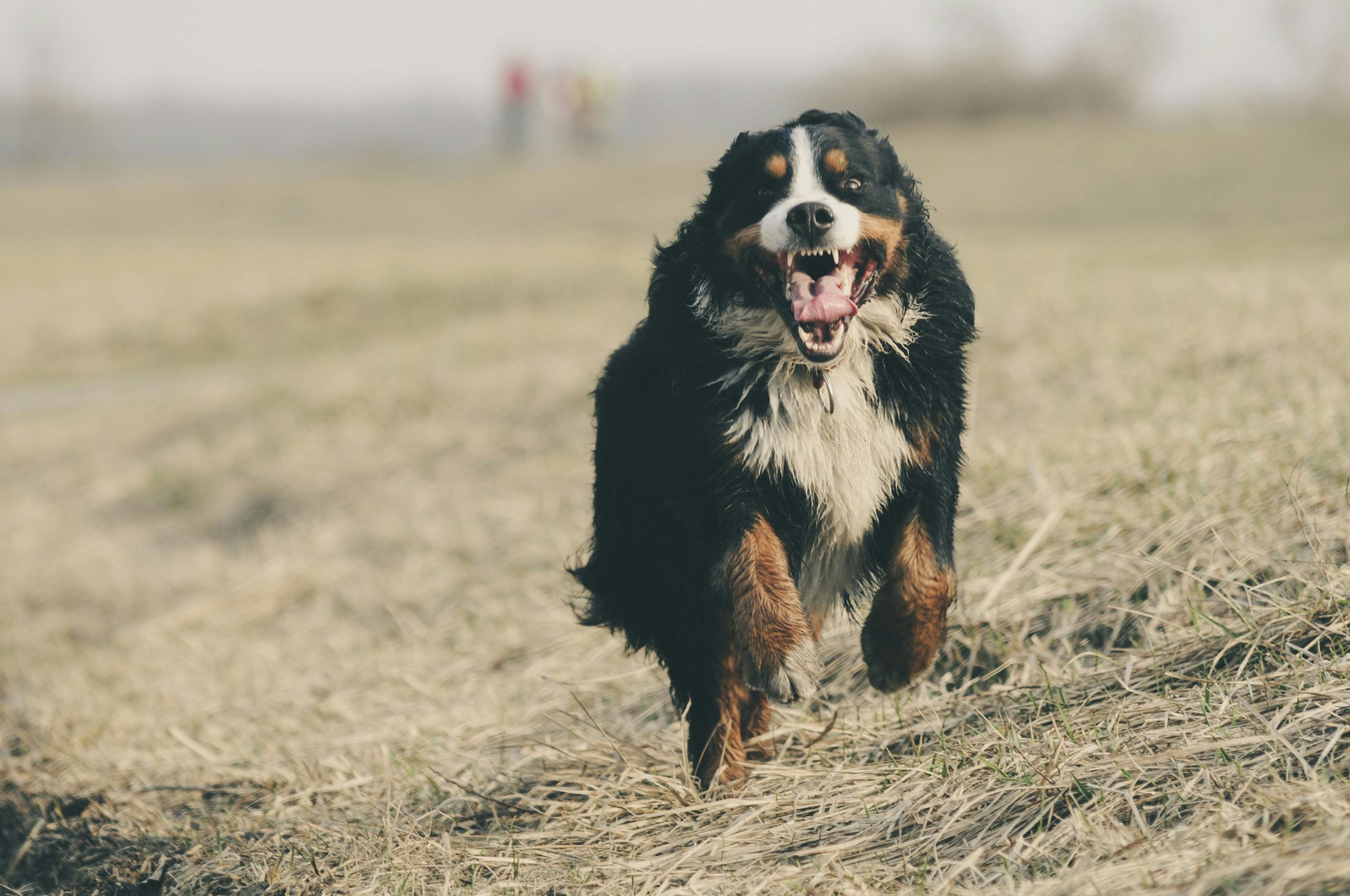
How is it getting along with children?
The Bernese Mountain Dog is known for its excellent interaction with children, which makes it an ideal family dog. These large but gentle dogs often have a patient and loving nature, which makes them get along well with both small and older children.
Bernese Mountain Dogs are naturally protective and can develop strong bonds with the children in their family. They tend to be cautious and careful around children, which is important given their large size. Their friendly and playful nature makes them fun playmates, and they can bring much fun and joy to a child’s life.
Despite their good nature, it is important to supervise and teach both dog and children how to interact safely. Children should be taught how to be respectful and gentle with the dog, especially during playtime. It is also important to supervise the interactions to ensure that neither the dog nor the child becomes overwhelmed or uncomfortable.
Benefits of a Bernese Mountain Dog
- Family-friendly: Bernese Mountain Dogs are known for their loving and gentle nature, which makes them excellent for families with children.
- Loyal and Protective: They are loyal to their family and have a natural desire to protect, which makes them good guard dogs.
- Intelligence: This breed is intelligent and relatively easy to train, making them suitable for a variety of activities, including obedience and agility.
- Social: They get along well with other pets and people, provided they are well socialized.
Disadvantages of a Bernese Mountain Dog.
- Health problems: Bernese Mountain Dogs are prone to hereditary health problems, such as hip and elbow dysplasia and certain types of cancer.
- Short Lifespan: Unfortunately, they have a relatively short life expectancy, often between 7 and 10 years.
- Size: Their large size means they require a lot of space and incur higher costs for food and care.
- Care: Their thick coat requires regular brushing to prevent tangles and accumulation of dirt.
- Exercise needs: They need daily exercise to stay healthy and happy, but excessive activity should be avoided, especially during their growth phase.
How old will a Bernese Mountain Dog get?
Compared to some other dog breeds, the life expectancy of a Bernese Mountain Dog is relatively short. On average, Bernese Mountain dogs live between 7 and 10 years. There are exceptions, of course, where some Berners live longer, but this is generally what most owners can expect.
This limited lifespan is due in part to the breed’s genetic predisposition to certain health problems. Bernese Mountain dogs, for example, are prone to hip and elbow dysplasia, a condition that affects the joints. They also have an increased risk of certain types of cancer, which are unfortunately common in this breed.
Price of a Bernese Mountain Dog
The Bernese Mountain Dog, celebrated for its friendly demeanor and unwavering loyalty, is considered a prized working breed. In the US, acquiring a puppy may cost you between $2,000 and $4,000, depending on several factors:
Factors Influencing Price:
- Breeder’s Reputation: Puppies from breeders recognized for their champion lines or proficiency in working fields tend to be pricier.
- Pedigree: Those registered with the American Kennel Club (AKC) will command a higher price than those without registration.
- Location: Expect higher prices in regions with elevated living costs.
- Age: Grown Bernese Mountain Dogs usually cost less than the younger ones.
- Coat Color: While they are known for their tri-color coat, variations in color typically don’t significantly impact the price.
Similar Breeds Worth Considering:
For enthusiasts of the Bernese Mountain Dog’s amiable character, work ethic, and size, these breeds may also appeal:
- Greater Swiss Mountain Dog: Known for their loyalty and similar striking appearance, with prices ranging from $2,000 to $3,500. They are generally not as tall as the Bernese.
- Appenzeller Sennenhund: A more energetic and smaller option with a playful nature, costing around $1,500 to $3,000.
- Entlebucher Mountain Dog: The smallest among the Swiss Mountain Dogs, known for their intelligence and vigor, with prices similar to the Bernese, from $2,000 to $4,000.
Additional Advice:
- Research Thoroughly: Consider the breed’s size, coat maintenance, and activity needs to ensure they fit into your lifestyle, especially since they can have a shorter lifespan with potential for specific health costs.
- Meet the Breeder and Parents: This allows you to assess the health and temperament of the parents, which can provide insights into your future puppy’s characteristics.
- Emphasize Training: These dogs are bright but can show a stubborn streak, making early and consistent training and socialization key.
- Consider Exercise Requirements: They thrive with regular physical activity, enjoying everything from leisurely walks to more strenuous activities.
Finding a Bernese Mountain Dog Breeder:
- Bernese Mountain Dog Club of America: A credible source for finding ethical breeders specialized in Bernese Mountain Dogs, offering a directory and resources for potential dog owners.
- Online Kennel Directories: An effective tool for locating breeders within your vicinity, ensuring direct communication for information on availability and cost.
Remember: Opting for a dog is a commitment for the life of the pet. While Bernese Mountain Dogs may not frequently appear in shelters, considering adoption is a noble and often cost-effective alternative, potentially leading you to a dog with similar qualities and the need for a loving home.
